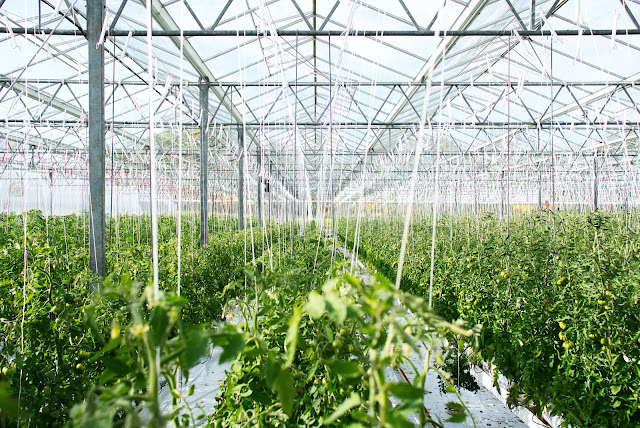Precision agriculture is an approach to farming that involves using data and technology to make more informed decisions about crop management. This can include things like soil sampling, satellite imagery, and GPS mapping to better understand soil conditions, crop growth, and other factors that impact crop yields. Here are some of the latest advancements in precision agriculture and how they can benefit farmers:
Drones: Drones equipped with high-resolution cameras and sensors can be used to quickly and accurately assess crop health and identify areas that require attention. This can help farmers to target their inputs more effectively, reducing costs and improving yields.
Machine learning: Machine learning algorithms can be used to analyze large amounts of data from multiple sources, including weather patterns, soil moisture levels, and crop growth data. This can help farmers to make more accurate predictions about crop yields and identify potential problems before they occur.
Variable rate technology: Variable rate technology involves using sensors and GPS mapping to apply inputs such as fertilizers and pesticides at different rates across a field based on the specific needs of different areas. This can help to reduce waste, save money, and improve crop yields.
Automated machinery: Advanced machinery such as self-driving tractors and planters can be programmed to precisely plant and manage crops, reducing labor costs and improving efficiency.
Blockchain technology: Blockchain technology can be used to create a secure and transparent supply chain for agricultural products, allowing farmers to track their crops from the field to the consumer. This can help to improve traceability and ensure that farmers receive fair prices for their products.
Overall, precision agriculture has the potential to revolutionize the way that crops are grown, making farming more efficient, sustainable, and profitable. While the technology can be expensive, the benefits it provides can ultimately help farmers to save money and improve their bottom line.
Thanks for visiting us.








No comments:
Post a Comment